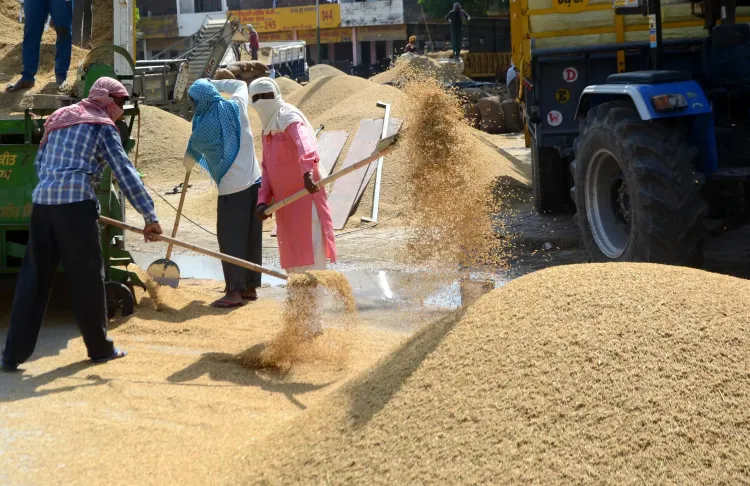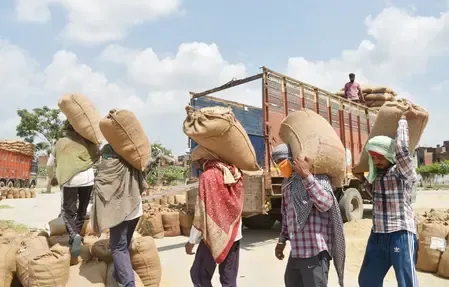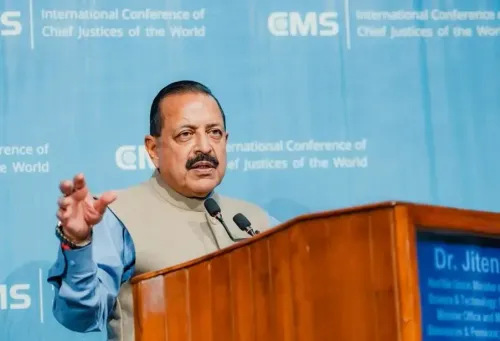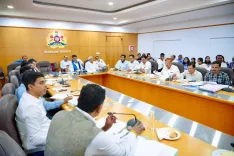How are Global Organizations Responding to India’s Labour Reforms?

Synopsis
Key Takeaways
- Implementation of four Labour Codes marks a significant reform in India’s labor laws.
- Global organizations are recognizing India’s efforts in enhancing social protection and minimum wages.
- The reforms aim to modernize labor laws and align them with global standards.
- Collaboration with international bodies is crucial for successful implementation.
- These changes promise to positively impact the workforce and businesses.
New Delhi, Nov 22 (NationPress) Leading global entities such as the International Labour Organisation (ILO) and the International Social Security Association (ISSA) have expressed their approval of India’s recent initiative to implement four Labour Codes. These reforms are seen as a pivotal advancement towards fortifying social protection, improving minimum wage structures, and enhancing institutional capabilities, as stated by the government on Saturday.
The international organizations emphasized that India’s initiative plays a crucial role in the broader global dialogue regarding inclusive and modern labor systems.
These statements further highlight India’s increasing influence in establishing global labor and social security standards, according to a statement from the Labour Minister.
Gilbert F. Houngbo, Director-General of the ILO, remarked on social media, "I am closely following the developments related to India’s new Labour Codes, particularly those concerning social protection and minimum wages."
"Ongoing social dialogue among the government, employers, and employees will be vital as these reforms are put into action to ensure they yield positive outcomes for both workers and businesses," Houngbo added.
The ISSA also commented on their social media account that India’s Labour Codes accelerate global initiatives aimed at establishing more robust and inclusive social security systems.
"ISSA acknowledges this significant milestone and advocates for continuous investment in social coverage, protection, and institutional development," the organization stated.
The ministry noted that this reflects the favorable international response to India’s Labour Codes, especially in promoting fair wages, broadening social protection coverage, and encouraging workforce formalization.
The four Labour Codes comprise the Code on Wages, 2019, Industrial Relations Code, 2020, Code on Social Security, 2020, and Occupational Safety, Health and Working Conditions Code, 2020, effective from November 21, 2025, which streamlines 29 pre-existing labor laws. The enactment of these Labour Codes addresses the longstanding necessity to transition away from colonial-era frameworks and align with contemporary global trends.
The Labour Ministry has reiterated its dedication to ongoing collaboration with international bodies and local stakeholders to further enhance India’s labor ecosystem and ensure the successful implementation of these reforms.









